A group of California business have rallied against Newsom’s most recent tax hike in what some people are thinking may be the next tax revolt. The businesses claim taxes in California have grown out of control and are taking matters into their own hands.

The business community in California is unhappy with the tax increases that California has faced over the past few years and particularly in 2023-2024. They argue that tax hikes have made it near impossible to continue to operate in the Golden State.
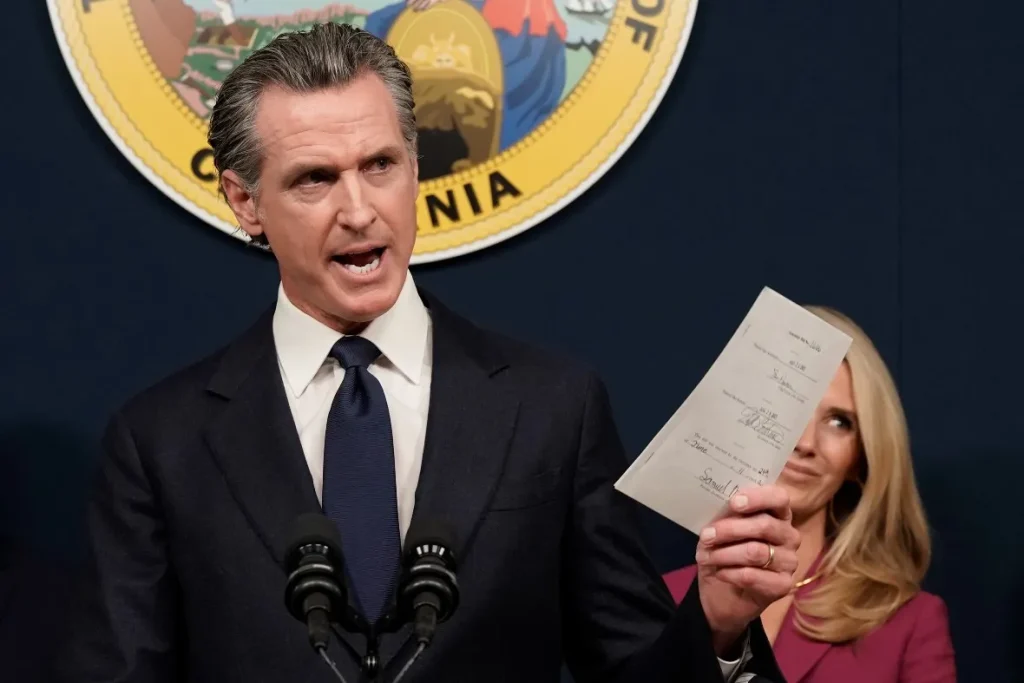
The most recent outcry comes on the back of a drawn out fight between businesses and California lawmakers. The conflict is essentially between those who want to provide funds for the progressive policies that make California desirable and those who believe the high costs make the state unattractive and unlivable for families and businesses.

The current conversation raises a very interesting question: What power do citizens have over the taxes that are placed upon them? A law professor at the University of California, L.A. stated, “It has been an ongoing process of trying to have your cake and eat it, too— low taxes and high services… What has been less of a. focus, until now, is that power the people have to propose taxes on themselves.”

In response to recent tax hikes, a coalition of businesses operating in California have banded together to gather signatures on a motion that would not only change the way local taxes increases are approved, but would also roll back and change some of the recent approvals. This proposal has been called the Taxpayer Protection Act.
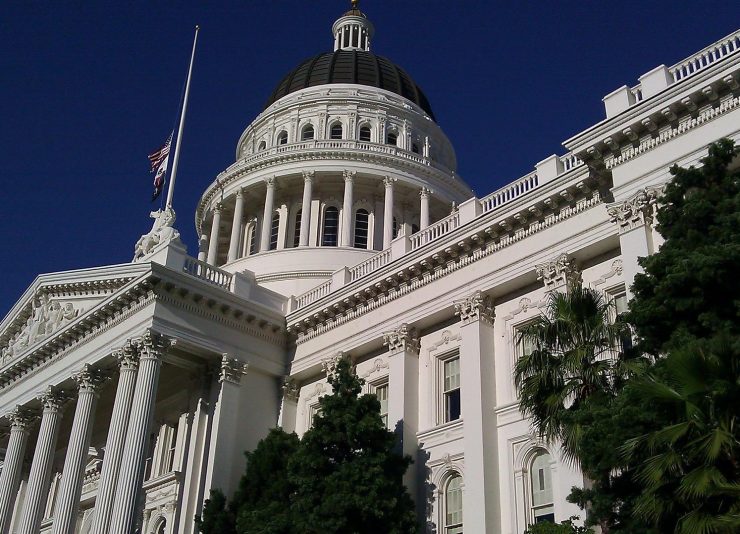
The businesses involved are gathering signatures to include a motion on the November ballot. If passed, it would require that 2/3 of voters approve tax increases in order for them to be passed, putting some of the power back in the hands of business owners.

This would be one of the biggest changes to tax policy since Proposition 13 in 1978. Prop 13 dramatically limited property tax rate and limited future tax increases as well.
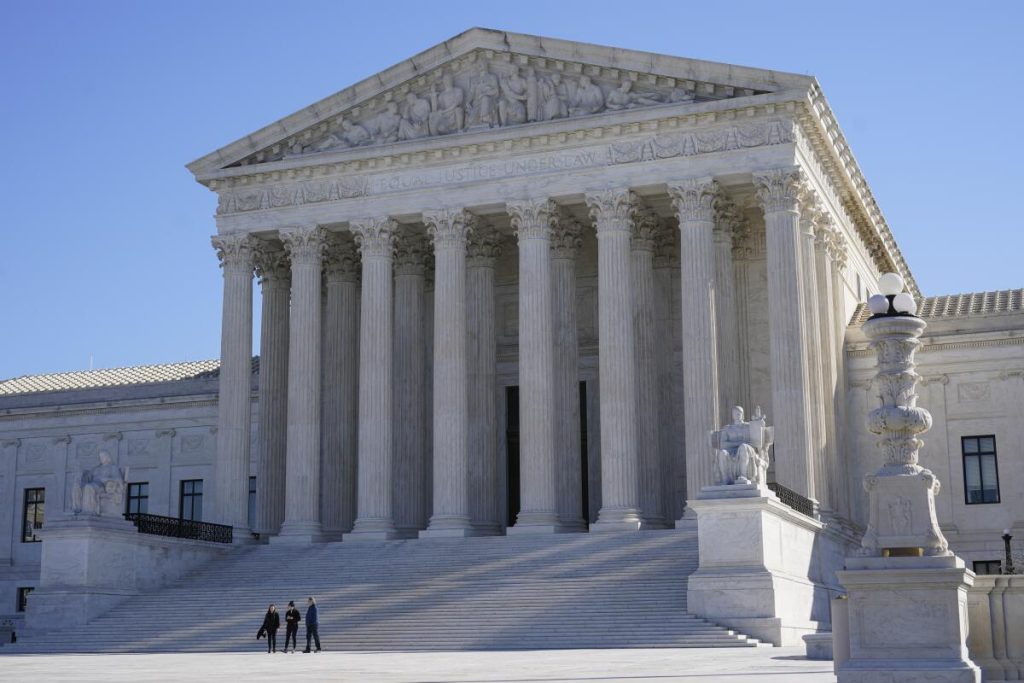
Supporters of the measure argue that lowering the taxes in California is urgently necessary because the hikes will continue to drive businesses out of the states. In particular, real estate businesses of luxury homes provide major funding to the state, and losing their business would have negative implications on the state’s finances.
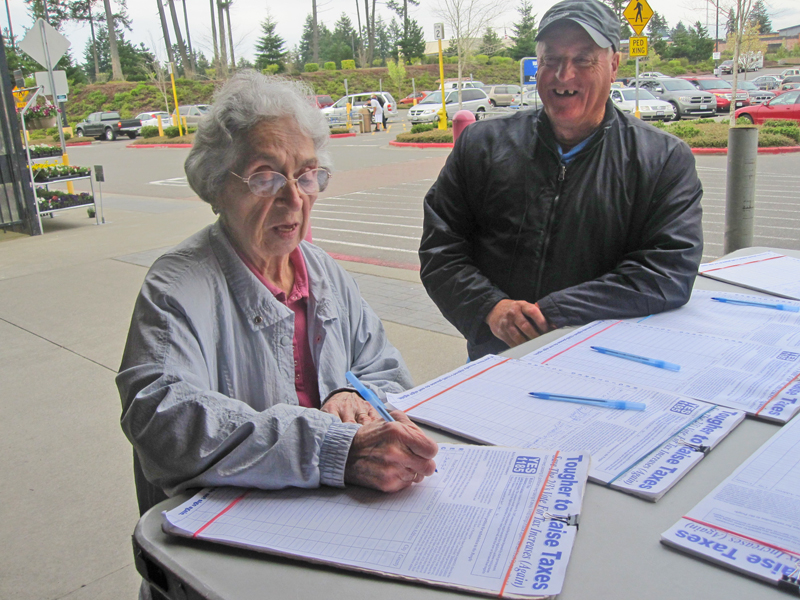
The companies involved spent $16 gathering signatures so their measure could be proposed to voters. Likely, there will be millions spent on both sides to advertise the opposing views.

Newsom and other local officials claim that the proposal would not benefit the state, and would actually slash funding and make budgeting impossible for local services like trash collection. In fact, some nay-sayers believe the proposal is actually unconstitutional.
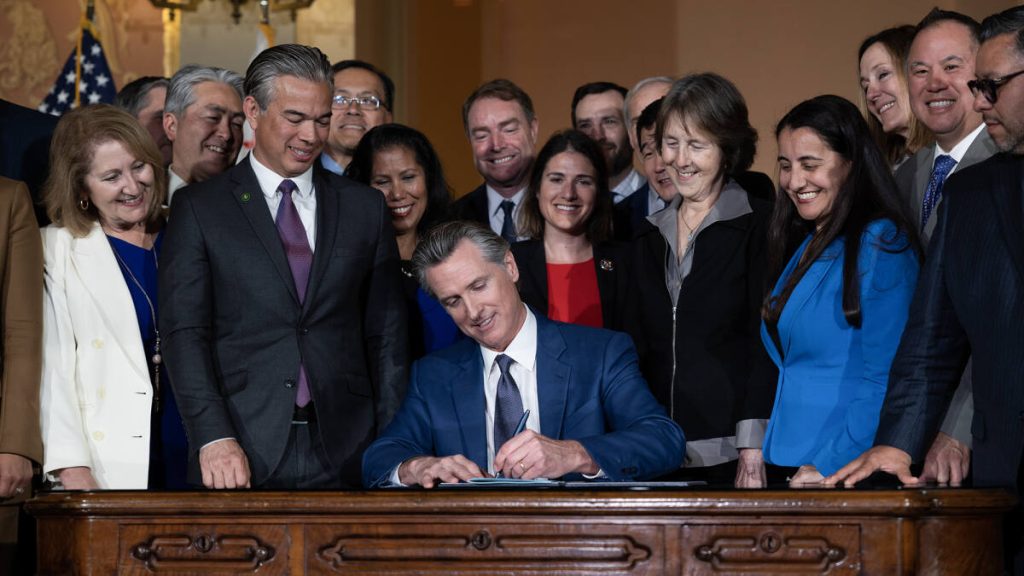
Kyle Packham, a member of the California Special Districts Association claims, “It’s a complete revision to the Constitution and to how we currently do government in the state of California.”
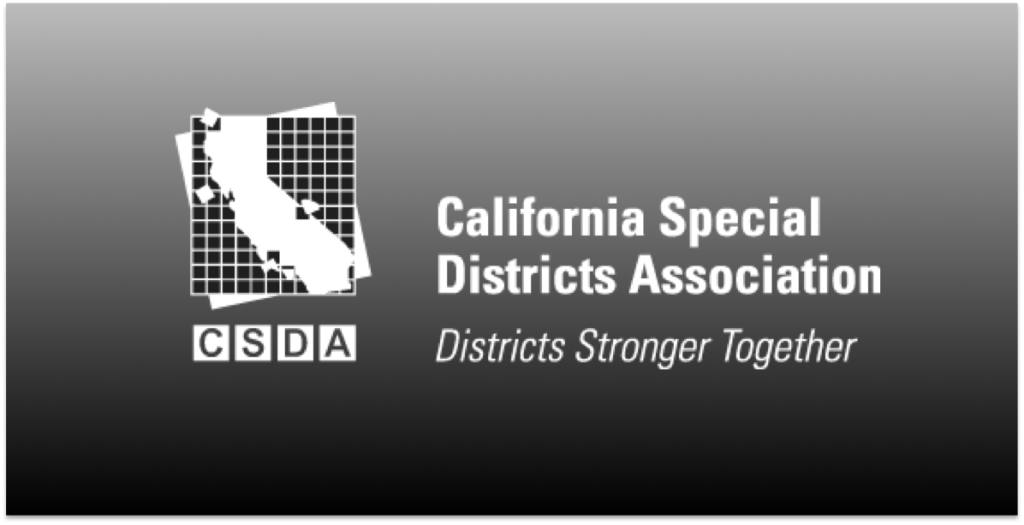
As of now, local tax increases in the state of California can become law through a majority vote of the public. The proposal is that this would be changed to 2/3 of voters as opposed to majority. But it would also retroactively change some previously passed tax hikes from 2022 that don’t meet the law’s requirements and this is what those opposing the change believe to be unconstitutional and irresponsible.

The money acquired from the tax hikes in 2022 is already being used in many areas to fund local services. If those funds were to be revoked, it would have potentially devastating effects on local communities.

Democrat officials, including Gavin Newsom have asked that the California Supreme Court remove the anti-tax measure from the ballot all together on the grounds of it being a Constitutional revision. The case is expected to be held pn June 27 of this year, in time for the upcoming November election.





